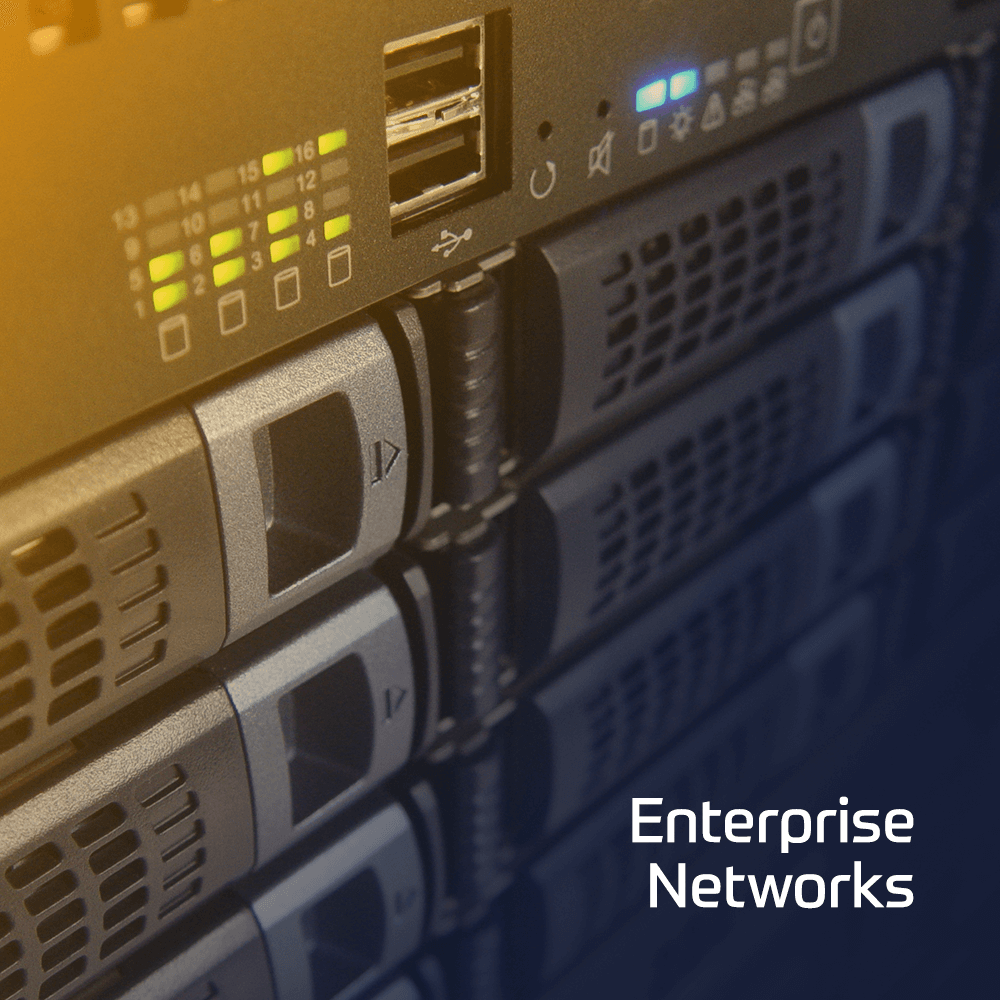This course provides hands-on learning for developers and administrators who create automation and integration applications. The course focuses on:
- Automating container applications using HPE storage arrays
- HPE modules for Ansible-enabled automated storage provisioning
- SDK to communicate with the HPE storage array over the WSAPI REST interface
- Container Storage Interface that provides persistent storage for your containerized applications and popular container platforms like Docker, Kubernetes, and OpenShift
- Tools and techniques to automate deployment of an application in Kubernetes with persistent storage

 Finland
Finland Germany
Germany Denmark
Denmark Sweden
Sweden Italy
Italy Netherlands
Netherlands Norway
Norway 


























 Duration
Duration  Delivery
Delivery  Price
Price